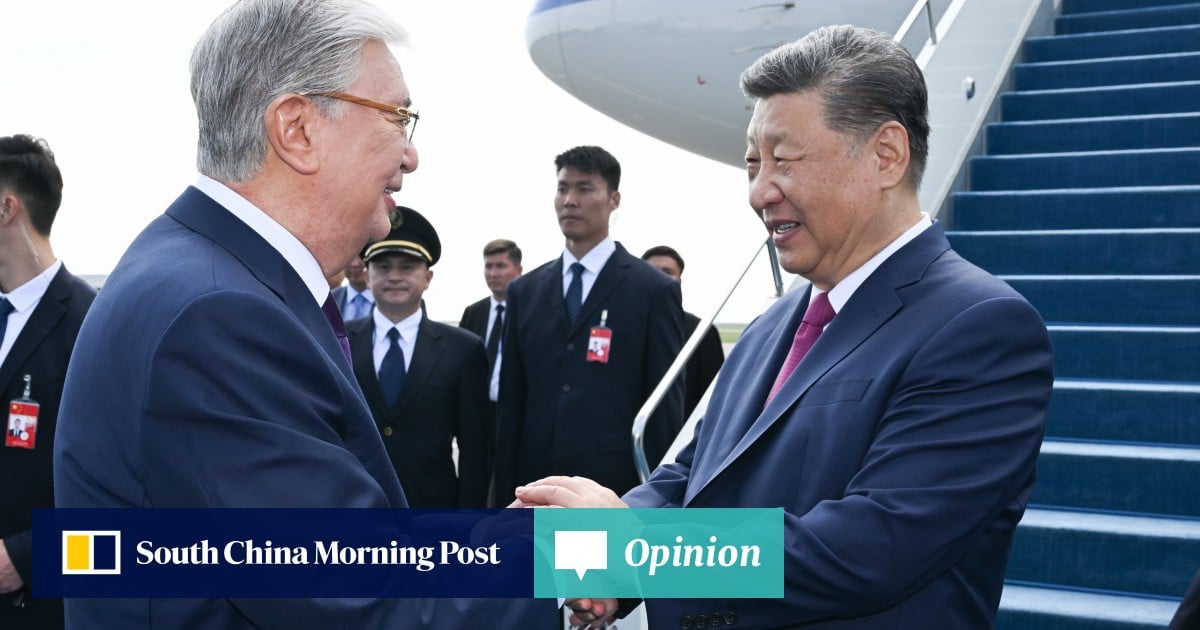Amid escalating geopolitical tensions including the
Israel-Iran conflict and renewed strife between
India and Pakistan, China is leaning on regional diplomacy to safeguard its strategic interests. Central Asia stands out as a zone of stability, offering Beijing both geographic proximity and strategic opportunity.
On June 17, the leaders of China and five Central Asian states gathered in Astana, Kazakhstan’s capital, for the second
China-Central Asia Summit. It marked another milestone in regional diplomacy and in the shifting power dynamics of Eurasia. The fact that the summit took place in Kazakhstan rather than China highlighted the former’s growing role as a regional anchor in Beijing’s strategic calculus.
Chinese President Xi Jinping’s participation – his sixth
visit to Kazakhstan and second in the past year – underscores the high priority China places on Central Asia. That message was reinforced by the signing of a treaty of permanent good-neighbourliness and friendly cooperation, which elevated relations between the six countries to a more strategic level.
The summit also introduced several new mechanisms for cooperation. They included deepening trade and infrastructure ties, cultural exchanges and expanding sister-city partnerships.
What is driving China’s intensifying focus on Central Asia? First, Central Asia represents a rapidly expanding market for Chinese goods and services. In 2024, China-Central Asia trade reached around US$95 billion, much more than the region’s trade with the European Union and Russia. China accounted for nearly 40 per cent of the region’s foreign trade last year. Kazakhstan, the most advanced economy in Central Asia, contributed US$44 billion to that figure.
China’s economic footprint in Kazakhstan is considerable. Nearly 5,000 firms with Chinese capital operate in the country, and total investment has surpassed US$26 billion. The two nations signed nearly 60 agreements worth US$25 billion at the latest summit.
Source link
Visited 1 times, 1 visit(s) today


